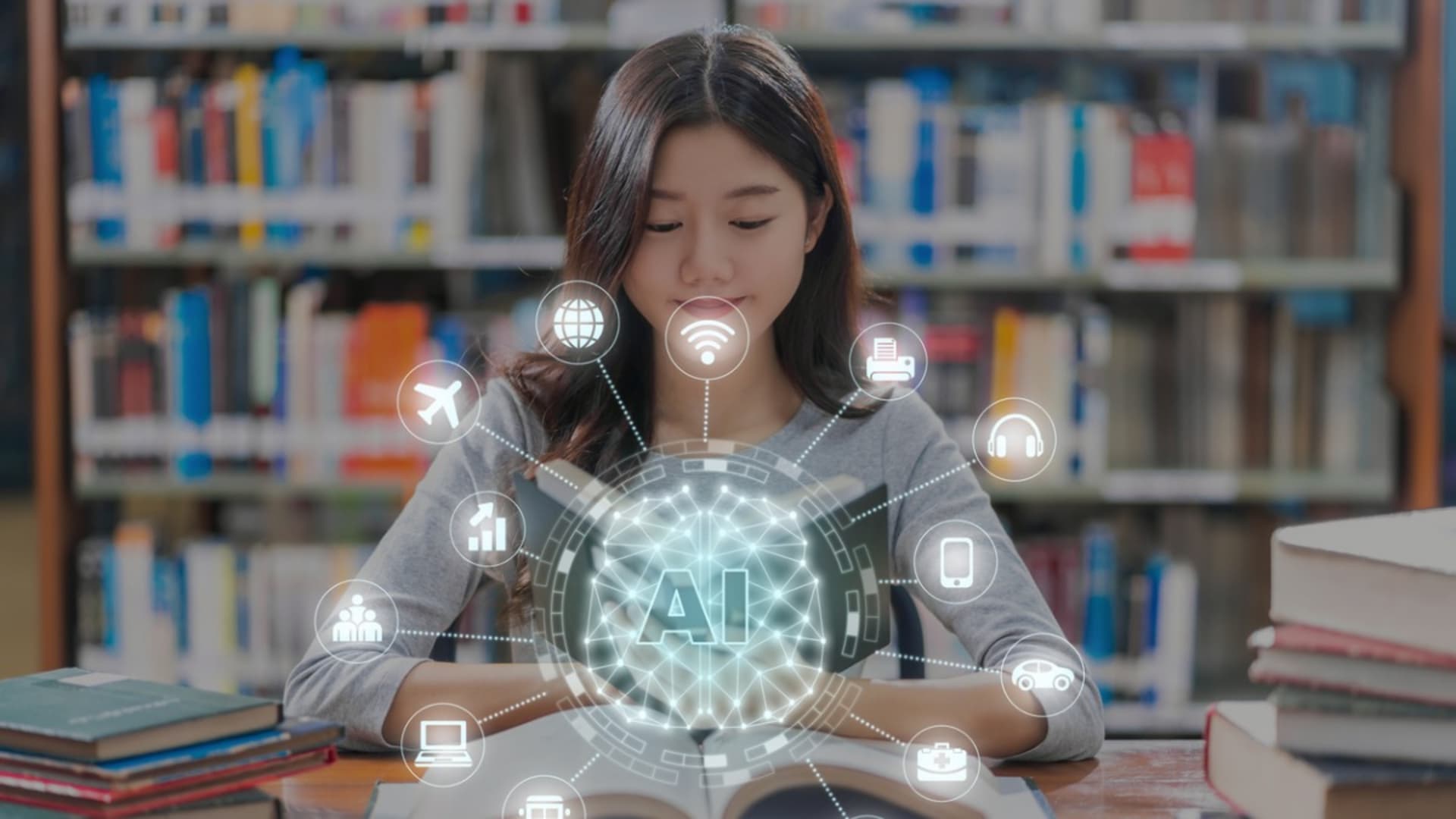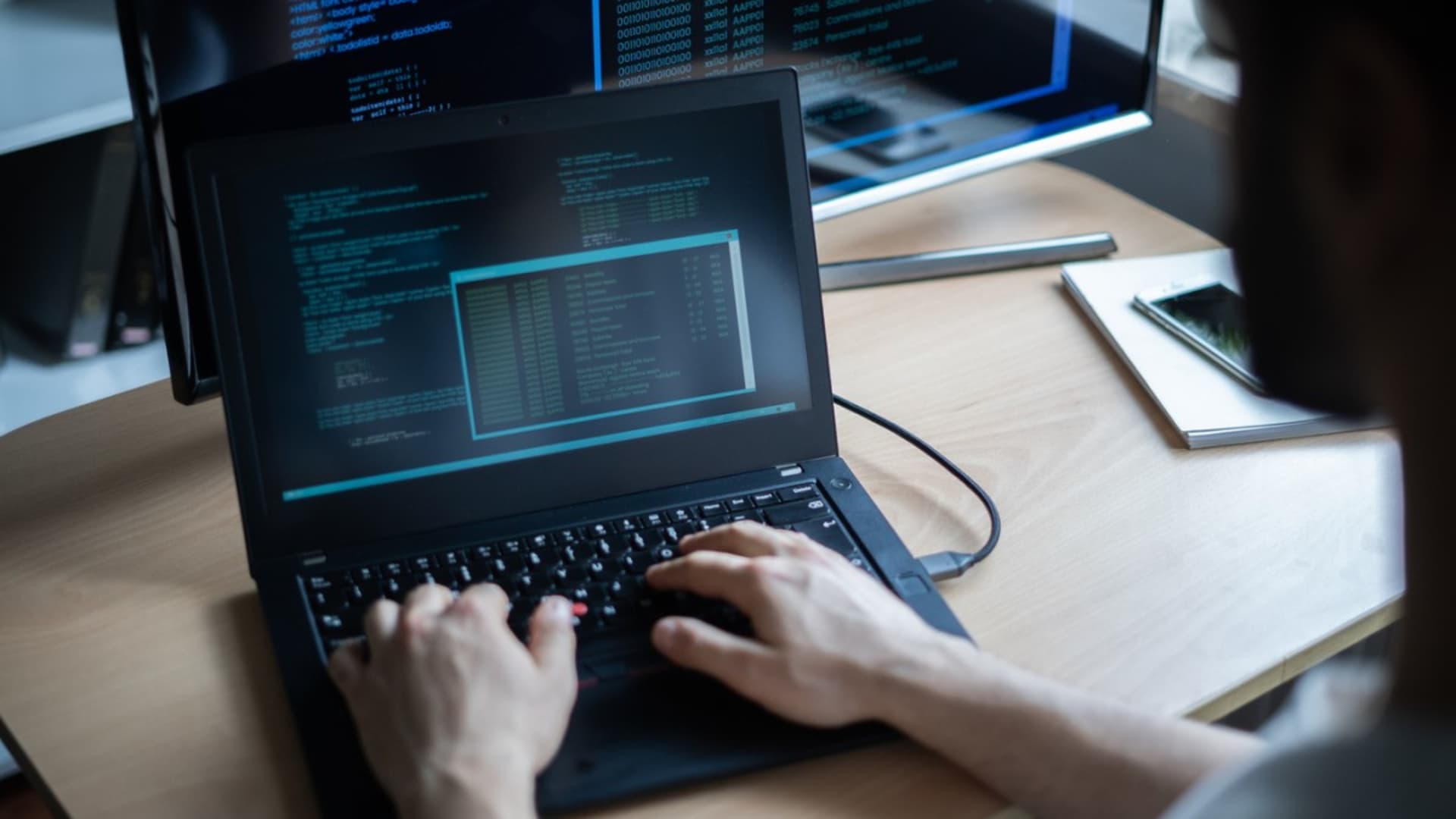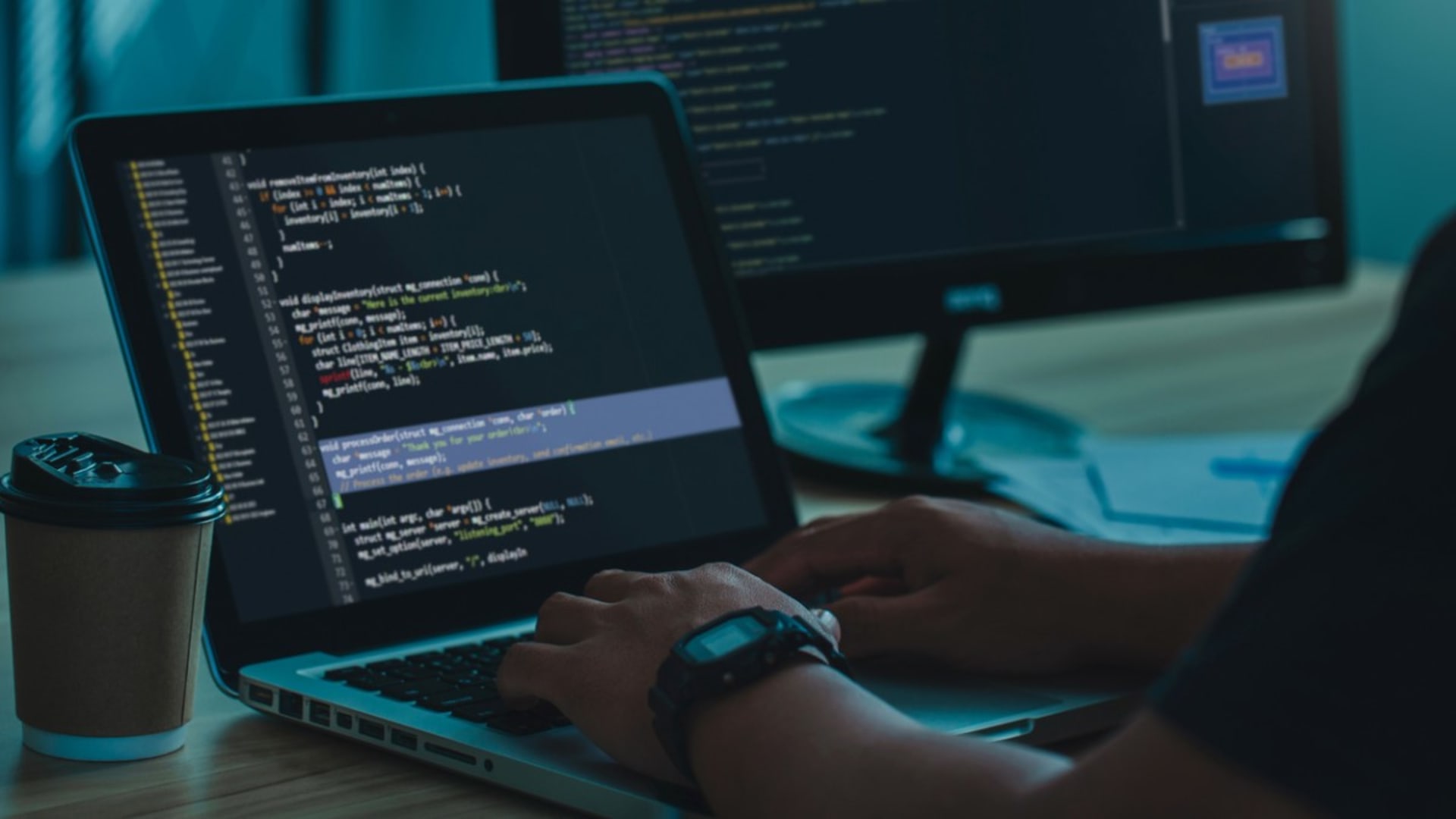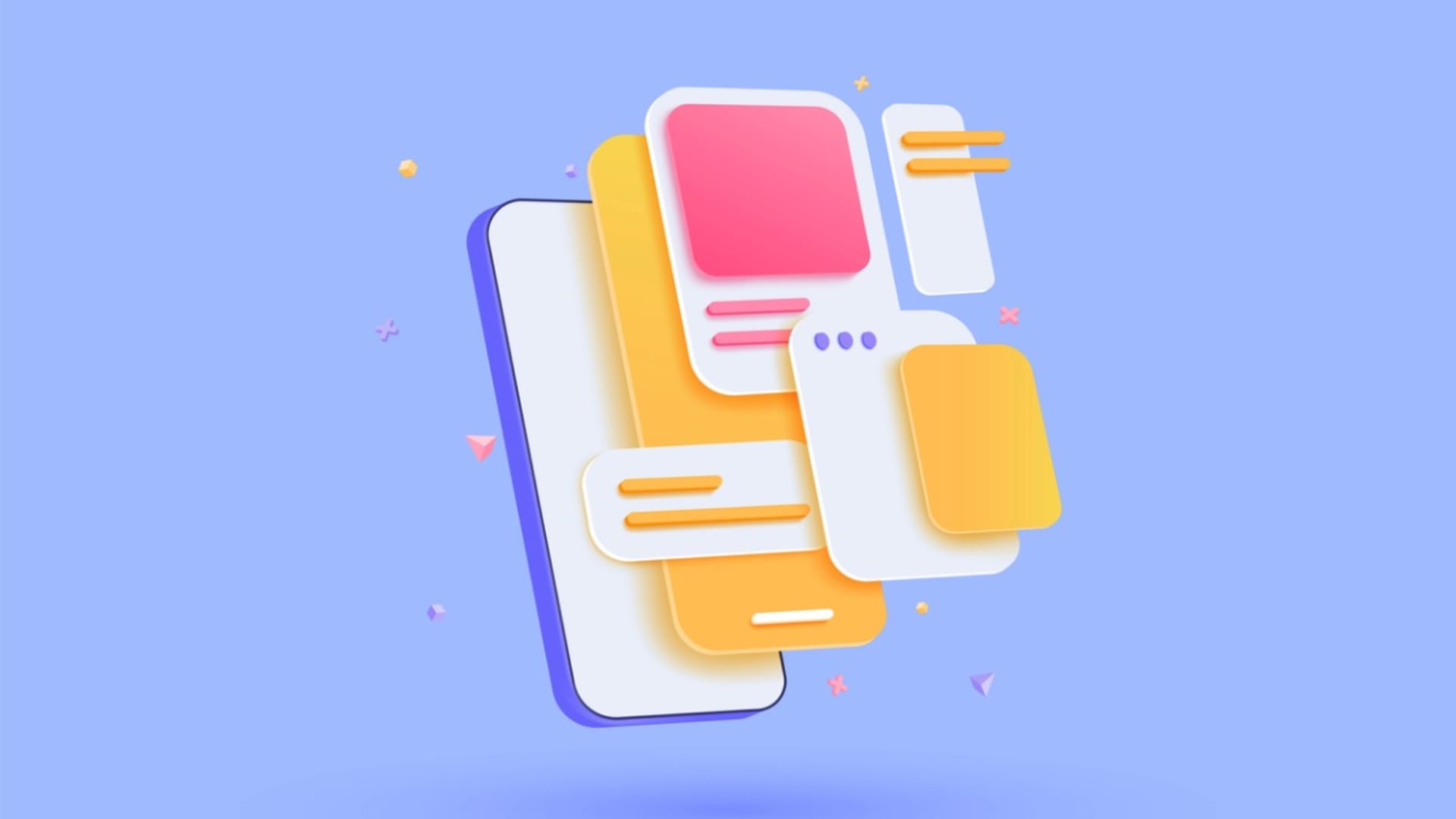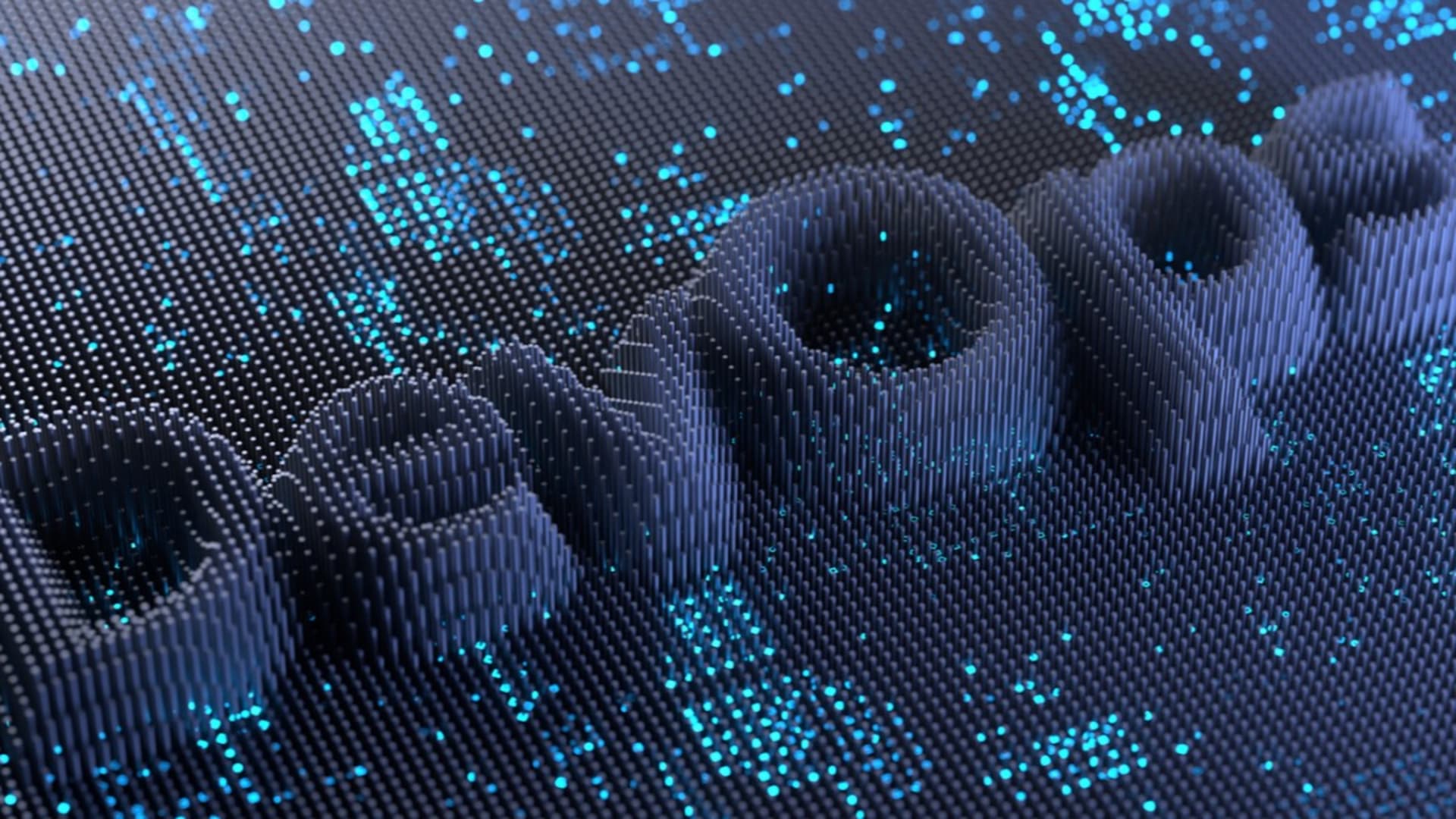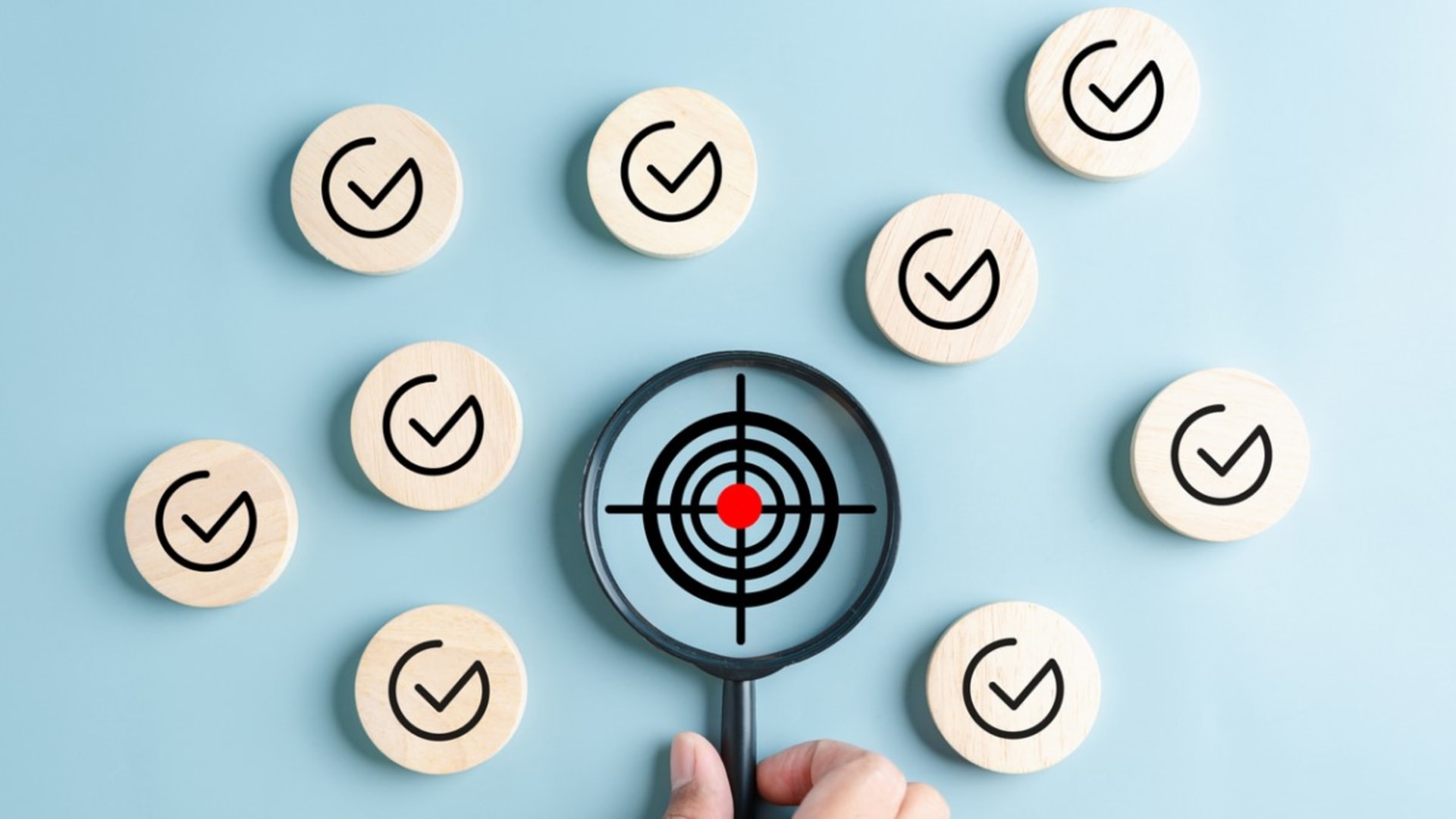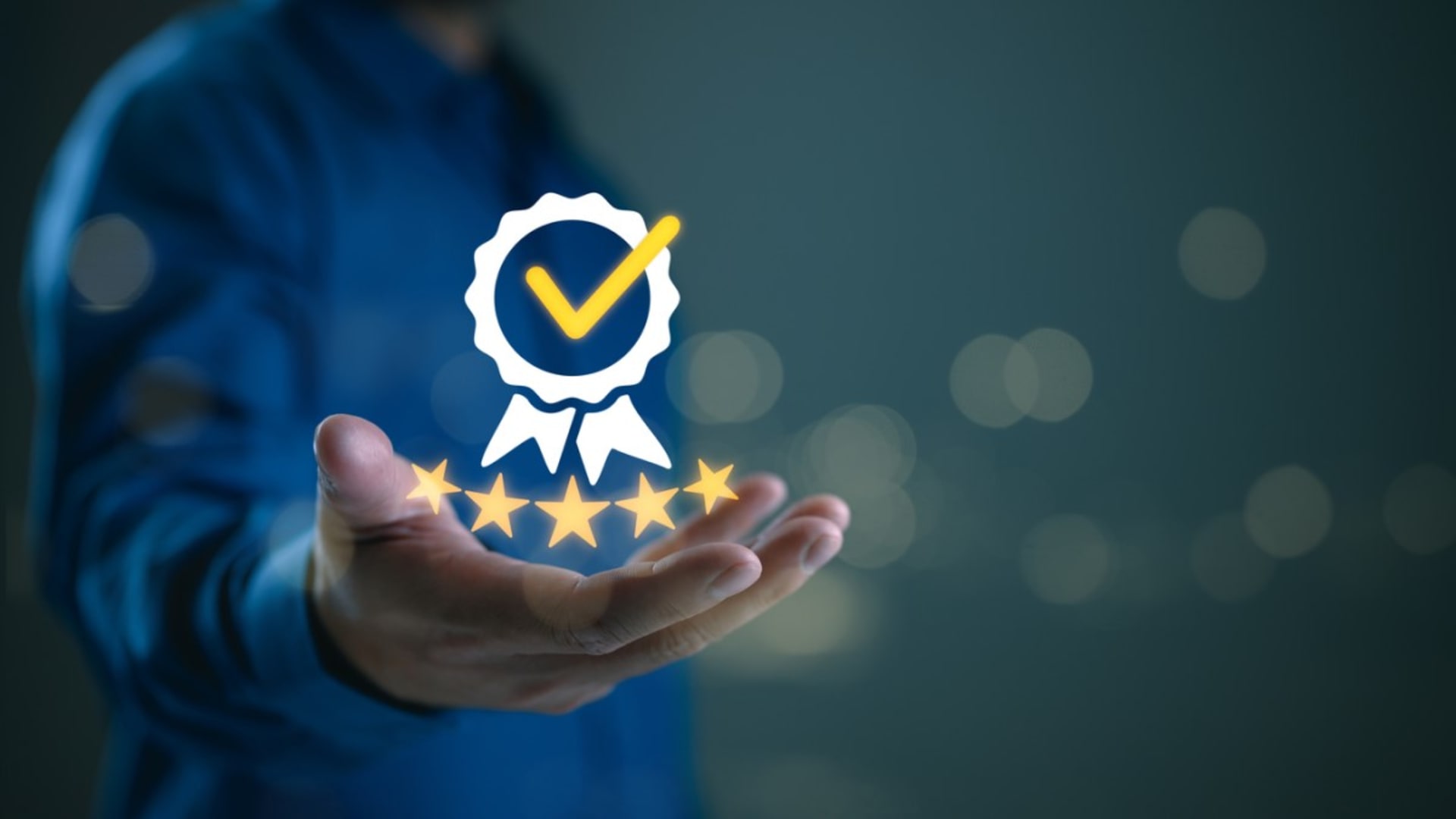Coined by Isaac Asimov, the term “Frankenstein Complex” describes technology rising up and rebelling against its human creators in dangerous ways. This is the entire philosophy behind successful books and films like 2001: A Space Odyssey, Ex Machina, and Blade Runner—all representations of artificial intelligence (AI) going rogue. Meanwhile, sentient AI takes center stage in A.I. and Her, along with many other works.
We have been conditioned as a society to fear change. We worry about losing control, even in the face of exciting innovation. And that’s really what AI should be: exciting!
In fact, innovation is the core of our advancement. Yes, as human beings, we believe that we are at the top of the chain, and so we worry that our own creations could become more powerful than we are. That’s scary.
A recent Monmouth University poll found that just 9% of Americans think AI-based machines will do more good than harm. Why is the perception of AI so negative?
The fear is real, but the actuality is not. AI isn’t scary!
Why You Shouldn’t Fear AI
1. All Innovations Throughout History Have Affected the World
To say that technology is advancing at a rapid pace is the understatement of the century—or rather, the history of the world. Throughout time, we have gained knowledge and made exciting discoveries and inventions. Not every innovation has proven positive for humanity, but many of the biggies—the computer itself, for example—have changed our world for the better.
And many of these innovations have initially been met with skepticism. Did you know that the first person to use an umbrella was publicly ridiculed? That’s right: when Englishman Jonas Hanway began carrying an umbrella in the London rain, people jeered.
Of course, you’re probably thinking that AI has far greater implications than umbrellas—and rightly so. But the umbrella anecdote is meant to underscore the point that resistance to new, seemingly crazy ideas is nothing new. People worry about change. It feels scary to them. But that doesn’t mean that they don’t have merit. This has held true throughout history, from the lightbulb to the computer to, yes, artificial intelligence.
2. AI Isn’t Sentient
Let’s say that again: AI is. Not. Sentient.
It doesn’t think and feel on its own. Unrealistic media, like the films and books we mentioned above, have perpetuated the idea that AI can create feeling, thinking machines—ones that will rebel against their creators. But this just isn’t real.
Yes, AI can learn. This is the entire philosophy behind the concept of machine learning, a sub-field of AI that’s the power that fuels entities like speech recognition and predictive analytics. But just because it’s learning doesn’t mean it’s feeling.
The real idea is that AI can perform automated, repeated tasks and, in some cases, learn and become smarter and more sophisticated through that repetition as it gains data and experience. But that is not the same as thinking.
Sure, innovations like OpenAI’s ChatGPT have made waves for behaving like thinking entities, but does anyone really believe that the responses these tools give and the writing they produce are the result of feeling beings? They aren’t. Because AI does not feel.
3. AI Makes Work Easier, Safer, and More Efficient
There is the constant fear that AI will take over humans’ jobs. To be fair, this is one of the more realistic items on this list, far more so than AI taking over the world and rising up against human beings.
But it’s not going to make our roles obsolete. In fact, it has already proven effective in making many jobs easier, safer, and more efficient.
Many of our jobs are far too complex and sensitive to be left in the hands of a machine. But machines can help us do our jobs more effectively. In healthcare, it can make patient check-ins more efficient by using facial recognition software powered by machine learning, and assist in diagnostics, leading to more accurate diagnoses. But it can’t replace a physician.
In manufacturing, meanwhile, it can perform functions that pose hazards to humans, thus making the work safer. In human resources (HR), it can comb through resumes and select viable candidates based on specified criteria, saving time for human specialists.
At its best, AI works in partnership with humans, helping us do our jobs better.
4. AI Creates Jobs
We acknowledged that AI could possibly threaten jobs, particularly ones that can be entirely automated at some point. However, it is also important to keep in mind that AI can also create jobs. The World Economic Forum suggests that automation could displace 85 million jobs while simultaneously creating 97 million jobs.
In other words, there is a lot of potential in the world of work thanks to AI. No, it’s not an entirely rosy picture: people will need to gain new skills and competencies in order to take advantage of these new roles and opportunities. But upskilling is always critical in the world of work. Since the dawn of time, people have needed to learn more in order to develop professionally and grow in their careers. AI and related tools and technologies are simply where that learning needs to take place right now.
And there are plenty of positive effects of this. We are able to reach new heights and innovate more effectively because of the knowledge we will gain. There are endless possibilities. People can explore untapped potential and talent. And we can create things beyond our wildest imagination.
5. Humans Created AI
Dr. Frankenstein created a monster. But he wasn’t real—he was a character in a book.
The technology scientists and engineers create is human-made. And they didn’t program it to become all-powerful—that’s simply not possible. The fact is, AI can’t become an all-knowing, all-powerful entity. Yes, humankind’s creations have, on occasion, proven extremely deadly and dangerous. But humans are still controlling them. They are the ones responsible for the force they have.
The fears about AI gaining power over human beings are unfounded. That’s not how we created it. No, we can’t predict every possible outcome, but we can predict what the things we make will do.
6. There Is no Single Authority in Charge of AI
No one person, group, or organization is in charge of AI. It belongs to all of us. That means no corrupt individual or entity can take control of all the AI in the world to wreak havoc on society.
Of course, there is a devil’s advocate argument to be had here. With no single authority governing AI, couldn’t it get out of hand? Who will rein it in? We will touch on that below—the lack of governance can be concerning—but as we have discussed, the idea of AI going rogue has been greatly exaggerated in the media. While there are some measures we should take to better govern AI, that doesn’t mean it’s going to go off and do its own thing without human say-so.
7. AI Can Boost Creativity
There has been a great deal of chatter about AI entering the creative realm. We see it in art, music, writing, and beyond. Is this a good thing?
Let’s consider ChatGPT. While this tool can certainly aid writing, it’s certainly not there in terms of producing full, well-written, “human” articles. And it can be helpful in aiding writers in honing their craft.
HackerNoon polled its community about whether they use AI in their writing workflows. And 86% said they would be open to the idea of leveraging AI writing tools in their work.
Meanwhile, the first AI art gallery in the world recently opened in Amsterdam. Dead End Gallery features AI-created work, such as interactive installations, digital paintings, and other art fueled by algorithms and digital tools.
There is some controversy surrounding this and other AI artistic endeavors. But it’s also certainly sparking discussions about technology’s place in the world of art and creating new things.
8. AI Is All Around Us
The fact is, you’re using AI all the time—without even knowing it in some cases. And you’re probably benefitting from it and enjoying it.
The recommendation engines that generate suggestions on Netflix, Amazon, and other entertainment platforms are powered by AI. Alexa, Siri, and Google Assistant all exist thanks to the technology. The chatbots on websites that answer all our queries? That’s because of AI, too.
Maybe you don’t think of these and other innovations—tools that you use in your work and personal life every day—as the result of AI, but they are. And they’re making your life better. So, why should you fear that thing that’s behind them? Simply put, you shouldn’t! AI is all around us, and that’s a great thing, not a scary thing.
Is AI Ever Dangerous?
It would be incorrect and irresponsible to pretend that there are no issues with AI at all. That’s simply not true. There are certainly problems with AI, just as there are with any technology or invention. But they’re not as catastrophic as we may initially believe, and there are plenty of ways to address them.
Let’s turn our attention to Microsoft’s Bing Chat. Recently, the tool meant to be Microsoft’s answer to ChatGPT made headlines for its strange, even aggressive responses to questions humans asked the chatbot.
But here’s the thing: Bing Chat has some glitches, and that’s why it’s simply not ready for public release. Nobody is pretending all AI-powered tools are, in fact, ready to be used by the masses. They need to be honed and improved. And clearly, this is an instance of that. But is anyone really going to follow Bing Chat’s wonky advice to leave their partner? No—that would be crazy.
There is also the fact that it can contribute to the spread of disinformation. And certainly, this is possible. But consider that many of our most world-changing innovations do the same. Nobody is suggesting that we get rid of the internet, are they? As with any tool, there are ways it can be misused.
And then there’s the security issue. AI is a powerful tool, but that can be a double-edged sword. For example, thanks to innovations like ChatGPT, phishing can become even craftier and more persuasive. And with access to more and more data, the implications of cybercrime are greater in scope and level of concern.
What does this mean in terms of our relationship with AI? We do need to impose a stricter set of guidelines and governance structures. This is one of the main philosophies and rationales behind the concept of ethical AI. But that’s not because of the idea that AI will take over the world—it’s more that, as with any technology, we must impose rules to ensure we are using it responsibly. And we have rules in place for all kinds of things we do, from collecting data to riding the subway.
Ultimately, AI shouldn’t be something that we fear. Instead, let’s think about how we can improve it and make it an even more approachable tool—helping it reach its full potential.
If you enjoyed this, be sure to check out our other AI articles.

